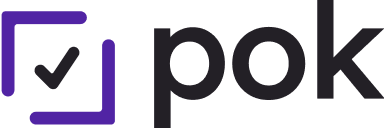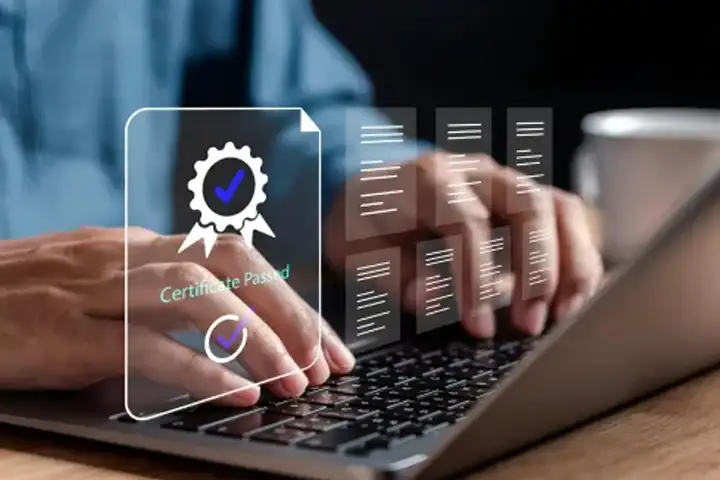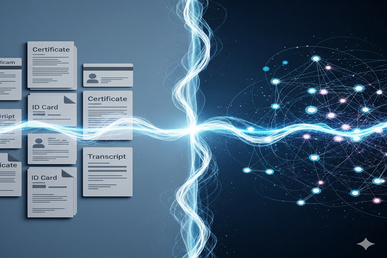In today’s fast-paced world, education must evolve beyond the traditional one-size-fits-all model.
In today’s fast-paced world, education must evolve beyond the traditional one-size-fits-all model. To meet the needs of learners, educators must empower students to navigate their unique journeys. This transformation requires a shift towards a student-centered approach, where learners actively shape their paths, guided by mentors and educators who support and inspire their learning process. Digital credentials are essential to this shift, offering a flexible and personalized way to recognize and validate achievements.
These credentials offer more than just a record of completion—they capture skills, experiences, and competencies, allowing students to showcase their unique learning journeys. By integrating digital credentials, educators can provide tailored feedback, while students can take ownership of their learning. This approach not only supports the recognition of achievements but also fosters a culture of lifelong learning, skilling, and reskilling, ensuring that students’ efforts are valued and acknowledged in both educational and professional contexts throughout their careers.
Education Has Changed: Are We Ready to Adapt?
Traditional education revolved around teachers or institutions. But 21st-century students demand more:
- Flexibility to learn at their own pace.
- Recognition for diverse skills, whether learned inside or outsid
- e the classroom.
- Connection to real-world opportunities, particularly in the job market.
- Each student has a unique story, and education should be designed to honor and support that individuality.
-
The Challenges of Traditional Education. The current education model faces key issues:
- Fragmentation of learning: Skills acquired outside formal settings often go unnoticed.
- Mismatch with job market needs: Employers struggle to interpret traditional credentials.
- Outdated diplomas: Degrees fail to communicate how or what students have learned.
-
Why Are Digital Credentials Important?
Digital credentials provide a modern solution to these challenges, offering secure representations of a student's skills, achievements, and competencies.
The Disruption of Education: NFTs and Digital Credentials
NFTs credentials are verifiable on blockchain, ensuring authenticity and security, and are portable and universal, allowing students to showcase their achievements worldwide.
By incorporating NFTs (Non-Fungible Tokens), credentials become unique, verifiable, and permanent, offering students full ownership and control over their accomplishments. Digital credentials recognize formal, informal, and self-directed learning, connecting students to career opportunities and fostering lifelong learning. Institutions benefit from instant verification, streamlined processes, and strengthened alumni relationships. In an era of continuous learning, these digital tools are vital for both students and institutions to thrive.
Are Institutions Ready to Transform Education?
The time to act is now!!! By incorporating digital credentials, you can:
- Place the student at the center of learning.
- Increase student visibility and employability.
- Establish your institution as a forward-thinking leader in education.
- Support students throughout their lifelong learning and professional journeys.
- Enhance your institution’s reputation and marketing efforts.
- The future of education is here. Let’s adapt to the student’s world—not the other way around.
POK (Proof of Knowledge) is the most innovative platform on the planet, having received numerous international awards from prestigious organizations in less than a year, which recognize POK as the fastest-growing platform globally. It is a leader in Latin America and offers unique functionalities unmatched by any other platform. POK is emerging as the global leader in credentials, micro-credentials, and digital badges✨



